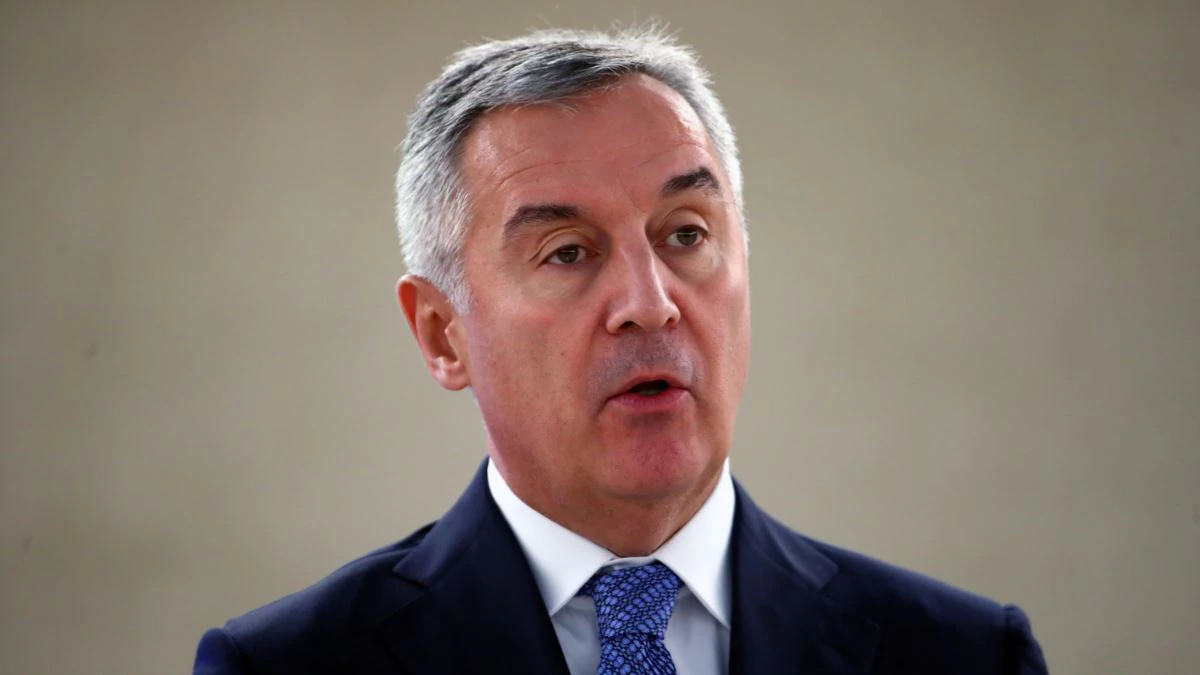
Montenegrin President Milo Dukanovic has refused to approve amendments to a controversial law on religion that has been sharply criticized by ethnic Serbs and the Serbian Orthodox Church.
Dukanovic sent the amendments back to parliament along with six other laws passed by the ruling coalition, his office said on January 2.
A total of 41 deputies of the ruling coalition, which is composed of pro-Serb parties and is closely aligned with the Serbian Orthodox Church, in the 81-seat legislature backed amendments to the Law on Freedom of Religion in a vote on December 29 that was boycotted by the opposition.
The president’s office claimed it was unclear if the required number of lawmakers had been present in parliament during the vote.
Dukanovic heads the long-ruling Democratic Party of Socialists (DPS), which is now in opposition.
If lawmakers vote for the amendments again, the president is obliged to sign them.
Under Montenegro’s religion law adopted a year ago, religious communities must prove property ownership from before 1918.
That is the year when predominantly Orthodox Christian Montenegro joined the Kingdom of Serbs, Croats, and Slovenes — and the Montenegrin Orthodox Church was subsumed by the Serbian Orthodox Church, losing all of its property in the process.
The Serbian Orthodox Church, its supporters, and pro-Serbian parties claimed the law could enable the Montenegrin government to impound church property, though officials deny that they intend to do this.
The new government — which came to power after elections in August — said it would rewrite the law to ensure the properties stay in the hands of church, which is based in neighboring Serbia.
Serbia and Montenegro were part of a federation until 2006, when Montenegro declared its independence.
Montenegro is a member of NATO and aspires to join the European Union.
With reporting by dpa
This post was originally published on Radio Free.